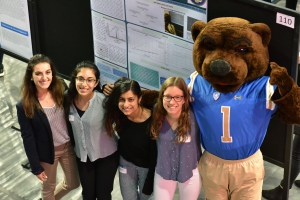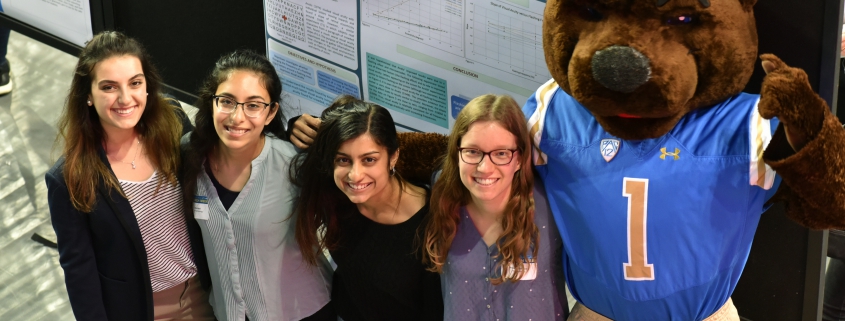Research Collaboration Highlights the Role of Undergraduate Research in Building Career-Related Skills for Humanities and Social Science Majors

New research published in the summer 2021 edition (Volume 4, Number 4) of the journal Scholarship and Practice of Undergraduate Research (SPUR) highlights the important role that participating in undergraduate research plays in helping humanities, arts, and social science students develop important skills desired by today’s employers.
While many studies on undergraduate research outcomes are focused on STEM fields, the widely variable experiences in the humanities, arts, and social sciences are less known and harder to study. The structure and standardization of the Undergraduate Research Scholars Program (URSP) and Undergraduate Research Fellows Program (URFP), both offered through UCLA’s Undergraduate Research Center – Humanities, Arts, and Social Sciences (URC-HASS), however, provide a unique opportunity to study the outcomes of these students. Compared with a quasi-control group of non-research students, students engaged in research reported statistically significant better outcomes on average in attaining skills related to critical thinking/problem solving, professionalism/work ethic, and oral/written communication, three of the top four competencies desired by hiring employers, as ranked by the National Association of Colleges and Employers (NACE).
This study and publication are the result of an ongoing collaboration between the URC-HASS and the Center for Educational Assessment (CEA). The authors of the paper are Drs. Kelly Kistner (Assistant Director, URC-HASS), Erin M. Sparck (Postdoctoral Scholar, CEA), Amy Liu (Research Analyst, CEA), Hannah Whang Sayson (Assistant Director of Data Analytics, CEA), Marc Levis-Fitzgerald (Director, CEA), and Whitney Arnold (Director, URC-HASS).
The full article can be accessed on the Council of Undergraduate Research’s website for Scholarship and Practice of Undergraduate Research (SPUR) in Volume 4, Number 4.





